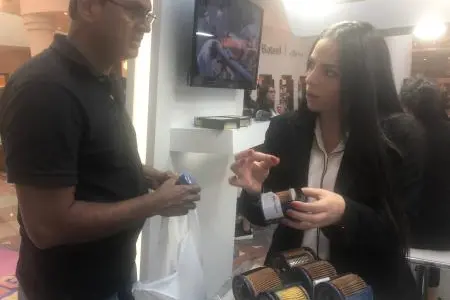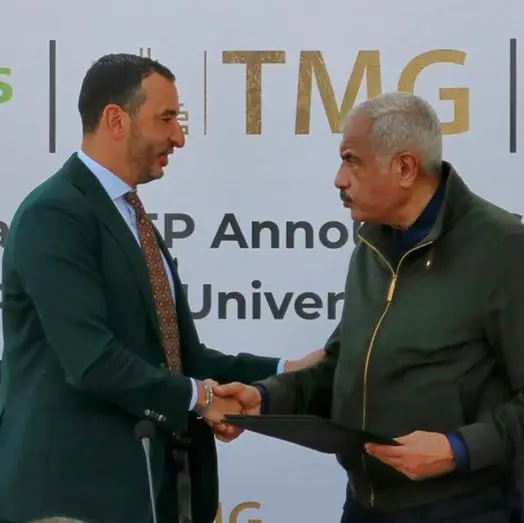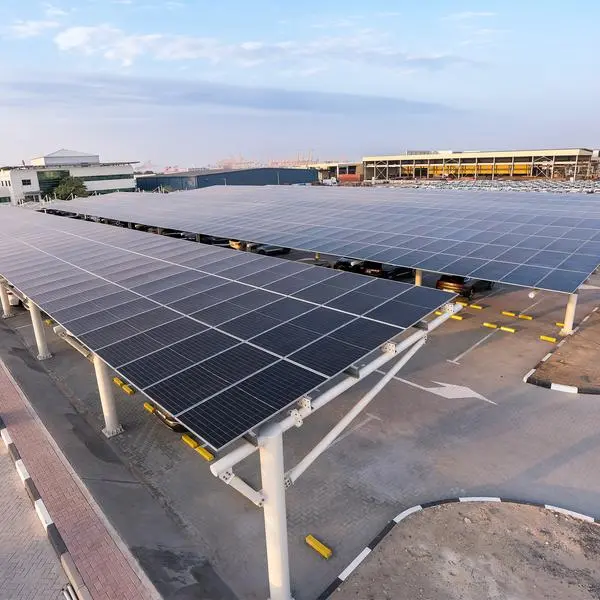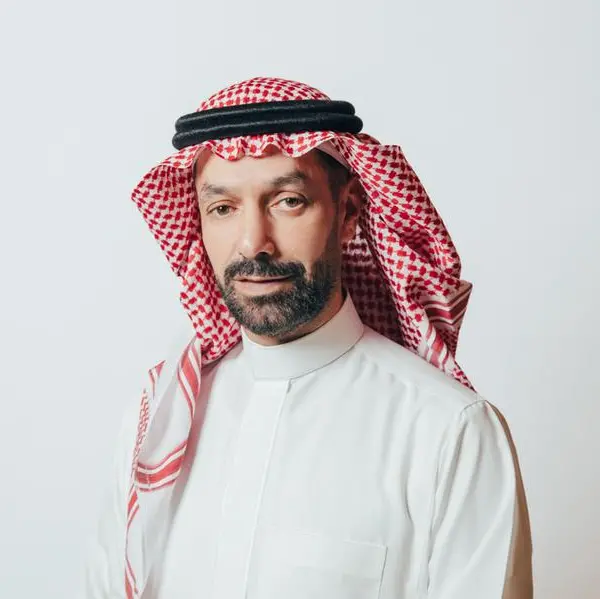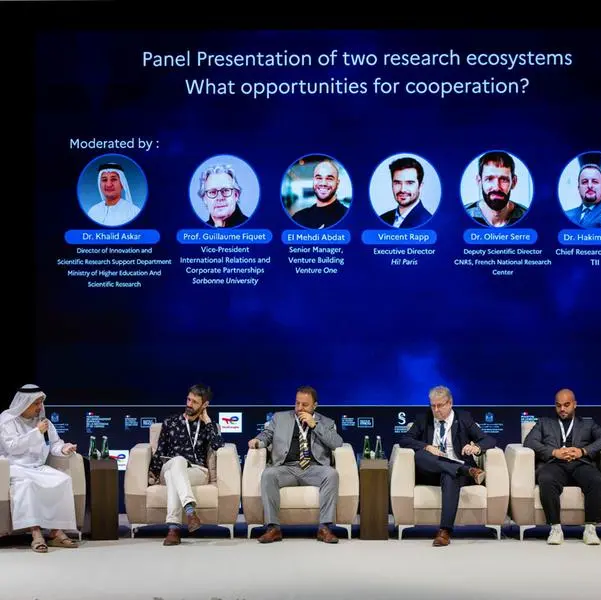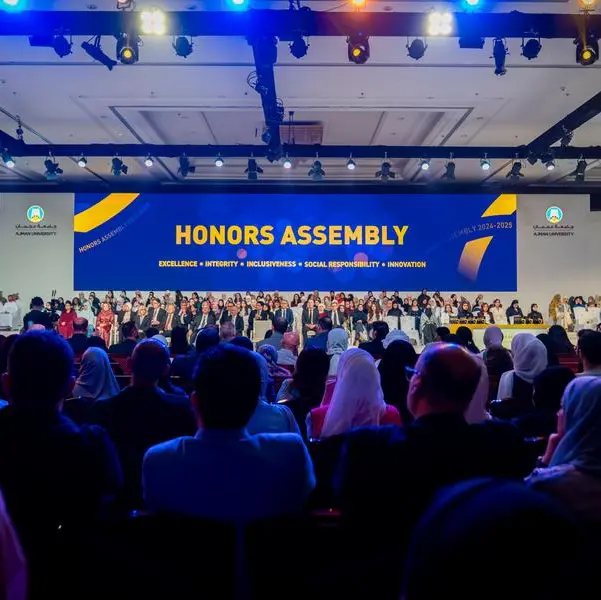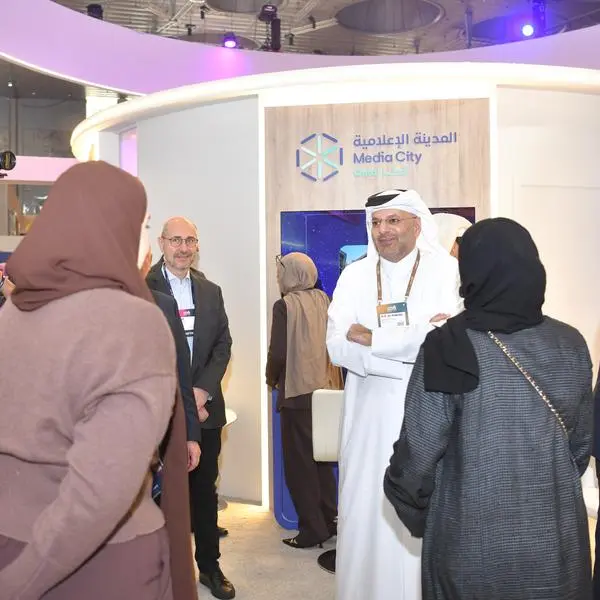PHOTO
Dubai: The authenticity of consumer goods in the UAE is under the spotlight, following the Japan External Trade Organisation (JETRO) and Middle East Intellectual Property Group of Japan (ME-IPF) combining efforts to quash the trade of counterfeit products.
Following the seizure of more than 25 million fake items by Dubai authorities in 2018 – worth an estimated AED 332 million – the spread of fake consumer goods throughout the country and the wider region poses a real threat to the UAE’s consumers and economy.
Mr. Masami Ando, Managing Director, JETRO Dubai, said: “Counterfeit products are a real problem. Consumers need to be more careful, and check for the quality of craftsmanship of any product when making everyday purchases.”
‘Counterfeit Goods a Rising Global Crisis’
Making matters worse, global authorities project counterfeiting to reach a combined amount of USD 1.82 trillion globally by 2020.
For many leading Japanese brands operating in the UAE, the threat posed by fake goods is a growing concern. With many ME-IPG members operating in key sectors most commonly targeted by counterfeiters, such as the Electronics, Car Parts, and Automobile industries, protecting intellectual property rights is also an issue for these multi-national corporations.
Mr. Soichi Murakami, Chairman, ME-IPG and representative of the electronics industry, said: “The UAE is a competitive regional hub for our electronics business, however fraudulent products are making it quite hard for consumers to identify which is real and which is fake. It might affect not only this region but also other regions such as Africa.”
Mr. Taku Hirose, Vice Chairman, ME-IPG and representative of the car parts and automobile industries, said: “As well as infringing intellectual property rights, counterfeiters are unfairly misleading consumers and counterfeiting goods affect the product quality. And most of the time, it endangers the consumer’s life, which is why we need to educate shoppers.”
‘Stepping up the UAE’s War on Fake Goods’
By teaming up with Dubai authorities, such as Dubai Economy (DED), Dubai Police and Dubai Customs, JETRO and ME-IPG are working to raise awareness to inform unwary consumers in the UAE of the harmful circulation of fake products. JETRO and ME-IPG are also educating UAE officers on the differences between real and fake products.
Mr. Jama Abdulla AlGaizi, Manager of Intellectual Property Disputes, Dubai Economy (DED), said: “If you buy fake, you support illicit trade. If you buy genuine goods, you get the real deal, which is why we recommend buying authentic electronics and auto spare parts from the authorised stores.”
Colonel Omar Mohammad Bin Hammad, Deputy Director Anti-Economic Crimes Department, CID, Dubai Police, said: “We seize an obscene amount of counterfeit products every year. In 2018, we seized 3.36 million counterfeit items, worth AED 1.2 billion in value. Raising awareness is a proactive step forward and we fully support this move.”
‘Activating Awareness’
As part of its commitment to eliminating counterfeit activities from the UAE, JETRO recently held an interaction at Dubai Festival City Mall aimed at educating shoppers.
The interaction was setup to help consumers learn how to distinguish fake goods from real goods in order to halt the flow of counterfeit products circulating the UAE and the wider Middle East region.
Proving highly popular with mallgoers, the interaction successfully sharpened shoppers’ senses to help them evaluate the authenticity of products before following through with future purchase decisions.
-Ends-
About JETRO
The Japan External Trade Organization (JETRO) is a government- related organization that seeks to promote mutual trade and investment between Japan and the rest of the world through a global network spread over 70 regional offices abroad and over 40 offices in Japan.
JETRO, which was established in 1958 to primarily promote Japanese exports abroad, now has an expanded mandate that is focused on promoting foreign direct investment into Japan and assisting small to medium size Japanese firms maximize their global export potential.
JETRO’s core activities also include Intellectual Property Protection and the program for Japanese high-tech startups and innovators to accelerate their business overseas through business matching and so on.
About ME-IPG
The Middle East Intellectual Property Group (ME-IPG) is a group of Japanese companies, which aims to protect intellectual property rights through coordinating actions against the infringements of IPRs by counterfeit and pirated goods, through cooperating with government bodies and other organizations. The number of ME-IPG is about 30 companies mainly based in Dubai along with the Consulate General of Japan in Dubai. JETRO is a secretariat of ME-IPG..
Disclaimer: The contents of this press release was provided from an external third party provider. This website is not responsible for, and does not control, such external content. This content is provided on an “as is” and “as available” basis and has not been edited in any way. Neither this website nor our affiliates guarantee the accuracy of or endorse the views or opinions expressed in this press release.
The press release is provided for informational purposes only. The content does not provide tax, legal or investment advice or opinion regarding the suitability, value or profitability of any particular security, portfolio or investment strategy. Neither this website nor our affiliates shall be liable for any errors or inaccuracies in the content, or for any actions taken by you in reliance thereon. You expressly agree that your use of the information within this article is at your sole risk.
To the fullest extent permitted by applicable law, this website, its parent company, its subsidiaries, its affiliates and the respective shareholders, directors, officers, employees, agents, advertisers, content providers and licensors will not be liable (jointly or severally) to you for any direct, indirect, consequential, special, incidental, punitive or exemplary damages, including without limitation, lost profits, lost savings and lost revenues, whether in negligence, tort, contract or any other theory of liability, even if the parties have been advised of the possibility or could have foreseen any such damages.
